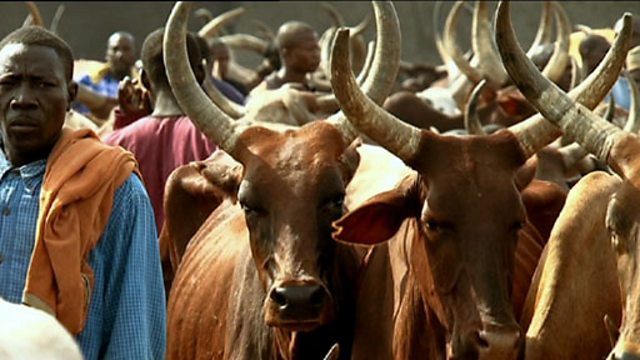The best livestock markets in Cross River

Cross River is a coastal state in southeastern Nigeria that borders Cameroon to the east. It is a forward-thinking and business-friendly state that attracts potential partners, investors, and visitors. There are many market places in the state, as one might expect. Various livestock markets have sprung up across the state as a result of the rising consumer demand for meat, attracting investors, customers, and marketers alike.
Here are the top livestock markets in Cross River:
- Marian Market: The market is situated in the heart of Calabar’s old town, in the state of Cross River. The Marian market is regarded as the largest in the state of Cross River. The market sells a wide range of goods and wares, including furniture, clothing, food, provisions, electronics, and so on. It’s also worth noting that vegetables are brought in from the north once a week.
- Watt Market: The Watt market is thought to be one of the state’s largest markets. Fabrics, denim, wax, car parts, and even live chicken are among the items available to those who want to shop there. Aside from the aforementioned, the Watt Market has a plethora of eateries and hawkers selling regional cuisine.
- Esuk Mba Market: This is most certainly one of Cross-River’s oldest markets. The market is located in Esuk MBA clan, a village in Akpabuyo local government in Cross-River state, about 20 kilometres from Calabar. This market specializes in fish and crayfish, including sardinella, croaker, herring, original mackerel, horse mackerel, and other species. According to one of the community leaders, this market dates back to the colonial period and was founded by Mr. Doe. The fact that this market is a trade-by-barter market distinguishes it from others.
- Akpabuyo Market: Akpabuyo Market specializes in fruits and vegetables. This is a market where you can buy and sell things like food, clothing materials, and cosmetics at a lower price. In the Akpabuyo community in Cross River State, Nigeria, people pay for what they need with what they have, instead of using coins and banknotes. They say it’s a part of their culture that they want to preserve. Livestock is also traded in this market.
- Ogoja Market: In this market, a variety of commodities are on display for exchange; They include everything from agricultural products to specialized items. Millet was a crucial crop in the region, with white, brown, and red varieties available. Cocoyams also lay abound in these markets, which are located in Yala and Ogoja. Pepper, groundnuts, and salt are also inexpensive in the Ogoja Market. Apart from staple foods, this market also provides livestock and fishes for sale.
Visit The Masterlist to source curated data points from our comprehensive database of over 20,000 profiles of People, Places, and Platforms.

